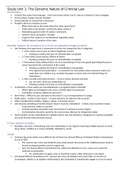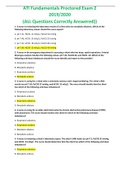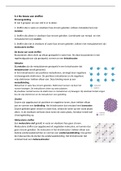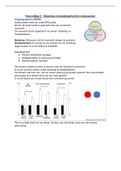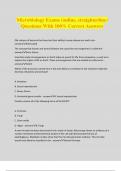Summary
Criminal Law 451 Entire Module Summary (incl. all prescribed material)l
Full summary of the entire coursework for Criminal Law 451 which is an elective in final year. Includes all notes from lectures/ slides, prescribed articles, case law, textbook pages and other prescribed materials. Everything you need in an organised manner, compiled by a student who obtained high ...
[Show more]
